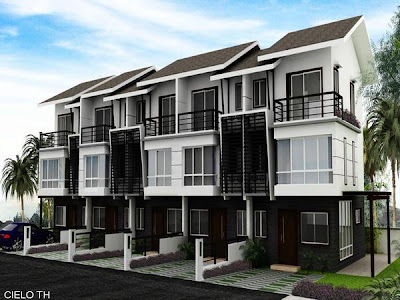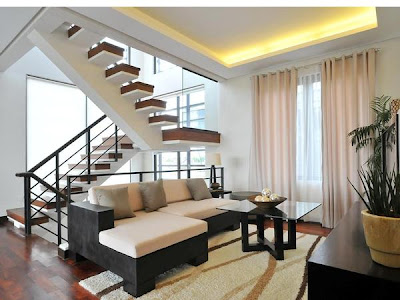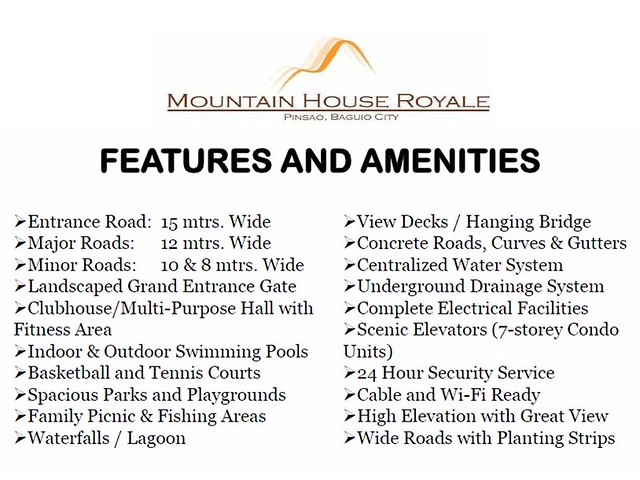Who should register with the Pag-IBIG Fund as members?
With the signing of Republic Act No. 9679, membership to the Fund shall be mandatory for the following:
- a. All employees, workers, professionals, officers and companies who are compulsorily covered by the SSS and GSIS
- b. Uniformed members of the Armed Forces of the Philippines, the Bureau of Fire Protection, the Bureau of Jail Management and Penology, and the Philippine National Police;
- c. Overseas Filipino Workers (OFWs)
- d. Filipinos employed by foreign-based employers, whether deployed locally or abroad.
Membership to the Fund is also open to the following:
- a. Non-working spouses of Pag-IBIG members;
- b. Filipino employees of foreign government or international organization, or their wholly-owned instrumentality based in the Philippines, in the absence of an administrative agreement with the Fund;
- c. Employees of an employer who is granted a waiver or suspension of coverage by the Fund under RA 9679;
- d. Leaders and members of religious groups;
- e. A member separated from employment, local or abroad, or ceased to be self-employed but would like to continue paying his/her personal contribution;
- f. Public officials or employees who are not covered by the GSIS such as barangay officials; and
- g. Filipinos naturalized in other countries.
How much is the monthly contribution?
The contribution rates for all mandatorily-covered members, including OFWs, are as follows:
The maximum monthly compensation used in computing the employee contributions is currently set at P5,000. This means that the maximum member contribution and employer counterpart per month are both currently P100.
What are the benefits of Pag-IBIG Membership?
The Fund offers its members the following benefits:
- Savings
- Short Term Loans
- Access to Housing Programs
What is the Provident Savings Program?
The Pag-IBIG provident savings program is a fast, easy and affordable way for a member to save for his future needs. ember to save for his future needs.
The contributions that a member makes together with the employer counterpart are credited to his Total Accumulated Value (TAV). A member contributing two percent of his monthly compensation doubles his savings immediately with the addition of the employer counterpart contribution. Meanwhile, a member contributing one percent of his monthly compensation triples his savings as the employer counterpart remains at two percent.
Aside from being fully guaranteed by the national government, members’ contributions are deducted from the gross income prior to computation of the income tax.
Members’ savings earn annual dividends that are also tax-free. The dividend rate varies depending on the net income of the Fund at yearend.
When can a member withdraw his savings?
A member may withdraw his TAV or savings after 20 years of membership with the Fund and after having made a total of 240 monthly contributions.
A member may also withdraw his savings under any of the following valid grounds:
a. Retirement
• Early retirement at age 45
• Optional retirement at age 60
• Mandatory retirement at age 65
b. Permanent departure from the country
c. Permanent or total physical disability
d. Insanity
e. Termination from service by reason of health
f. Death of the member
g. Optional withdrawal at 10 or 15 continuous years of membership
- A member who registered under RA7742 may be allowed to withdraw his TAV after 10 or 15 years of continuous membership.
- A member who registered under RA9679 may be allowed to withdraw his TAV after 15 years of continuous membership.
h. Other causes as may be provided by the Board of Trustees
What Short-Term Loans are available to the member?
Pag-IBIG Fund’s Short-term loan programs are meant to provide assistance to its members, provided they are active and have made at least 24 monthly contributions.
There are two short-term loan programs that a member may avail of when the need arises. The Multi-Purpose Loan Program was designed to help finance members’ immediate medical, educational or livelihood needs; minor home improvement, purchase of appliance and furniture, and other related needs.
Meanwhile, the Calamity Loan Program is extended to members who have been affected by a recent calamity, as proven by a declaration of calamity in their area of residence.
What Housing Programs are available for members?
An eligible member may avail of a housing loan under either the End-User Financing Program or the Magaang Pabahay, Disenteng Buhay Program.
Under the End-User Financing Program, a member may avail of a loan to finance any of the following (Circular 247):
- a. Purchase of a fully developed lot not exceeding one 1,000 square meters, which should be within a residential area;
- b. Purchase of a residential house and lot, townhouse or condominium unit, inclusive of a parking slot. The unit may be:
• Old or brand new;
• A property mortgaged with the Fund; or
• An acquired asset, which is disposed of through sealed public bidding, negotiated sale, or the Rent-to-Own Program.
- c. Construction or completion of a residential unit on a lot owned by the member;
- d. Home improvement, i.e. any alteration in an existing residential unit intended by a homeowner to be a permanent integral part of the property, which will enhance its durability and material value;
- e. Refinancing of an existing mortgage with an institution acceptable to the Fund, provided that:
• The loan is not in default within the 12 months prior to the date of application;
• The said loan has a repayment history of at two years with the original mortgagee
- f. Combination of loan purposes, which shall be limited to the following:
• Purchase of a fully developed lot not exceeding 1,000square meters and construction of a residential unit thereon;
• Purchase of a residential unit, whether old or new, with home improvement;
• Refinancing of an existing mortgage with home improvement;
• Refinancing of an existing mortgage, specifically a lot loan, with construction of a residential unit thereon.
Under the Magaang Pabahay, Disenteng Buhay Program, a qualified member may purchase an acquired asset of the Fund either in cash or through a housing loan at very reasonable prices. A buyer who purchases an acquired asset in cash is entitled to a 20% discount on the property’s sales price, while a buyer who purchases through a housing loan is entitled to a 15% discount on the property’s sales price.
Who are eligible to avail of a housing loan under the End-User Financing Program?
To qualify for a Pag-IBIG housing loan, a member must satisfy the following requirements:
- a. Must be a member under the Pag-IBIG I for at least 24 months, as evidenced by the remittance of at least 24 monthly contributions at the time of loan application.
- b. Not more than 65 years old at the date of loan application and must be insurable; provided further that he is not more than 70 years old at loan maturity;
- c. Has the legal capacity to acquire and encumber real property;
- d. Has passed satisfactory background/credit and employment/business checks conducted by the developer and the Pag-IBIG Fund;
- e. Has no outstanding Pag-IBIG housing loan, either as a principal borrower or co- borrower;
- f. Has not availed of a Pag-IBIG housing loan that was foreclosed, cancelled, bought back due to default, or subjected to dacion en pago, which shall include cases where the borrower is no longer interested to pursue the loan and surrenders the property;
- g. May have an outstanding Pag-IBIG multi-purpose loan but which is updated in payments at the time of loan application. A member whose multi-purpose loan is in arrears shall be required to pay his arrears over the counter to update his account.
Source: http://www.pagibigfund.gov.ph







































